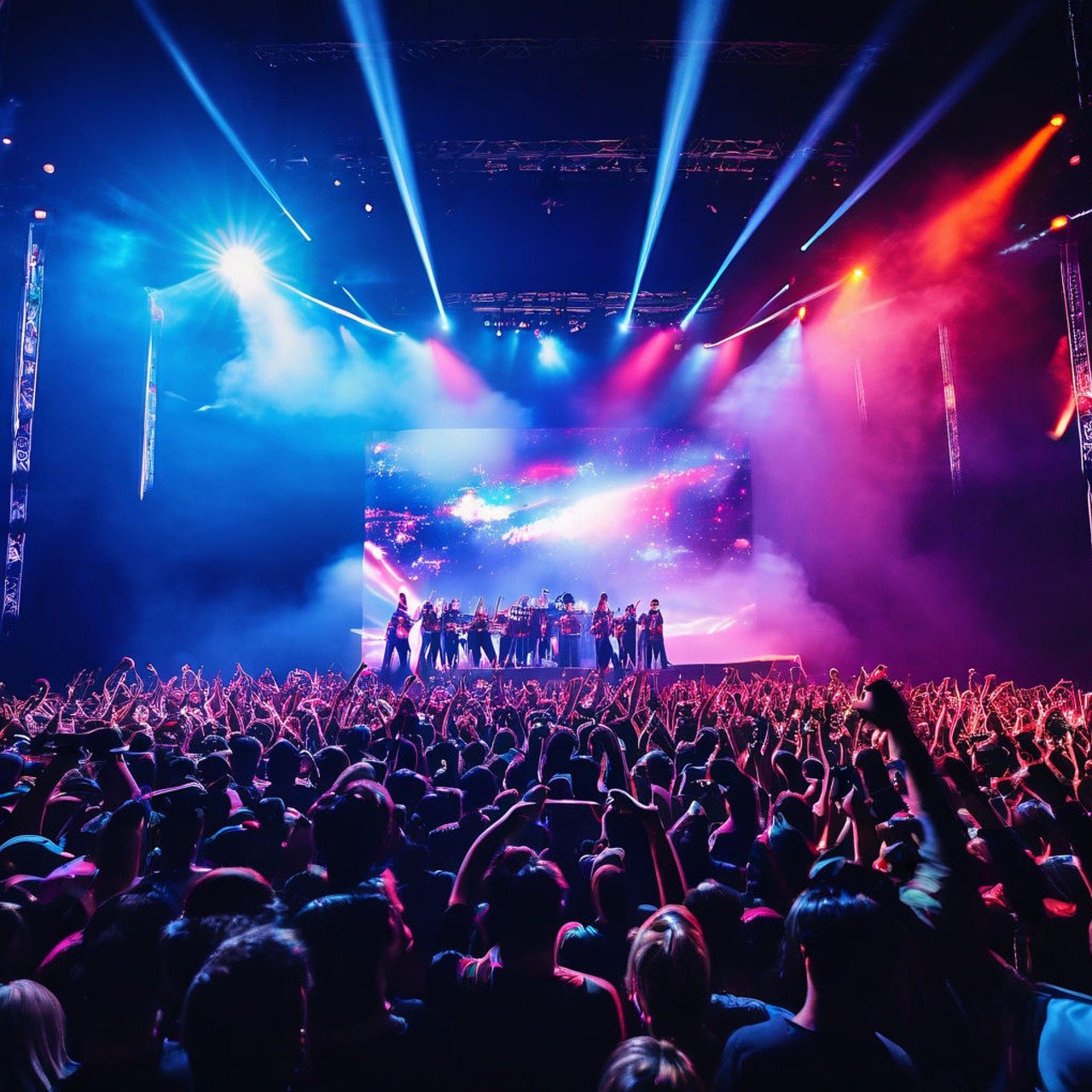Exploring the World of eSports: Competitive Gaming Goes Mainstream
Competitive gaming, once viewed as a niche interest, has rapidly ascended into mainstream culture in recent years. The surge in popularity of eSports can be attributed to the rise of platforms like Twitch and YouTube, which have facilitated widespread access to live gaming tournaments and content. This globalization of competitive gaming has drawn in a diverse audience, ranging from hardcore gamers to casual viewers, creating a vibrant community that transcends geographical boundaries.
The integration of eSports into popular culture is evident in various forms of media and entertainment. Television networks are now broadcasting eSports events, major brands are sponsoring gaming tournaments, and celebrities are investing in eSports teams. With such increased visibility and support, the once niche world of competitive gaming has now firmly established itself as a significant force within popular culture, shaping the way we view and engage with gaming as a whole.
The Evolution of Competitive Gaming
In the early days of competitive gaming, events were small, often held in local arcades or community centers. Players honed their skills in games like Street Fighter and Super Mario Bros, striving to be the best in their local area. As technology advanced, so did the world of competitive gaming. The rise of online multiplayer games allowed players from around the world to compete against each other, sparking the growth of organized tournaments and leagues.
With the emergence of streaming platforms like Twitch, competitive gaming gained a massive global audience. Fans could watch their favorite players compete in real-time, creating a new level of engagement and excitement. The evolution of competitive gaming has transformed it from a niche hobby to a mainstream form of entertainment, with professional players earning sponsorships, endorsements, and even salaries comparable to traditional athletes.
The Impact of eSports on the Gaming Industry
The rise of eSports has undeniably left a significant mark on the gaming industry in recent years. Professional gaming tournaments, streaming platforms, and sponsorships are becoming prominent fixtures in the gaming world. Companies are recognizing the potential of eSports as a lucrative market, with major brands investing in events and teams to reach a broader audience.
Moreover, the integration of eSports in mainstream media has helped to solidify its presence in the gaming industry. Television networks now broadcast eSports competitions, making it more accessible to a wider audience. This exposure has not only increased the popularity of eSports but has also brought in new revenue streams for both game developers and tournament organizers.
The rise of eSports has led to an increase in professional gaming tournaments and streaming platforms.
Major brands are investing in eSports events and teams to tap into this lucrative market.
The integration of eSports in mainstream media has made it more accessible to a wider audience.
Television networks now broadcast eSports competitions, bringing in new revenue streams for game developers and tournament organizers.
What is eSports?
eSports, short for electronic sports, refers to competitive video gaming where professional players and teams compete against each other in various video games.
How popular is eSports in popular culture?
eSports has significantly risen in popularity in popular culture, with major tournaments selling out arenas and drawing in millions of viewers online.
How has competitive gaming evolved over the years?
Competitive gaming has evolved from small LAN parties to large-scale international tournaments with substantial prize pools, professional teams, and sponsorships.
What impact has eSports had on the gaming industry?
eSports has had a major impact on the gaming industry by driving innovation in game design, increasing player engagement, and attracting new audiences to gaming.







